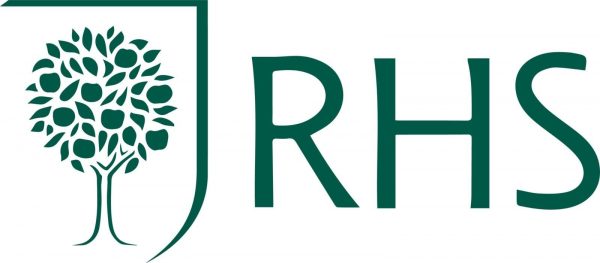Ilma Amalya Qonaah and Jon Hale
Ilma Amalya Qonaah – Identification and validation of aphid resistance gene in wheat
Ilma’s work has identified the need to incorporate an aphid resistance gene into commercial crops as a number of factors are increasing the chances of aphids causing serious damage to our nation’s wheat stocks. In the past, aphids have been mainly controlled using insecticides, however they are developing resistance to these methods and, combined with increasing temperatures as a result of climate change which is causing a growth in the population of aphids, something more needs to be done. Ilma’s project has focused on testing 29 commercial varieties of wheat to identify which traits encourage the aphid resistance gene to thrive. By identifying these traits, it is hoped that they can be replicated in all commercial wheat, thus decreasing the impact of aphids and the damage that they can cause to crops. Ilma also hopes that the project will be useful to other researchers and crop breeders in their production wheat crop that can withstand pests and other viral challenges.
Ilma will use the Award to support her upcoming industrial placement, strengthening her ties with the agriculture industry to further the impact of her project and boost her future career prospects.
Jon Hale – The Daffodil DNA Project
The Daffodil DNA Project is aimed at impacting scientists, teachers and students to make scientific contributions to our knowledge of daffodils. When the project began in 2021, 8 schools were involved and this has now increased to 23. The project brings cutting edge technology into the classroom, as schools attempt to extract DNA from their samples and sequence it, thus learning about the life-cycle of these well-known plants. The schools involved are able to apply for a grant from the Royal Society to purchase their equipment, leaving a legacy for the work to continue after their involvement in the project is over. Not only does the project have benefits to horticultural science, it is encouraging the next generation of scientists by allowing students to have access to advanced technology which is outside their usual curriculum. Teachers are encouraged to attend training to ensure that they are providing their students with the best possible knowledge, and a real opportunity to contribute to the knowledge of daffodils and their heritage of one of the UK’s most recognisable flora.
Jon will use the Award to host further teacher training days, which would expand the reach of the project even further and encourage even more schools to be involved. The project supports the future of scientific research and careers, and encourages collaboration between teachers and researchers.























